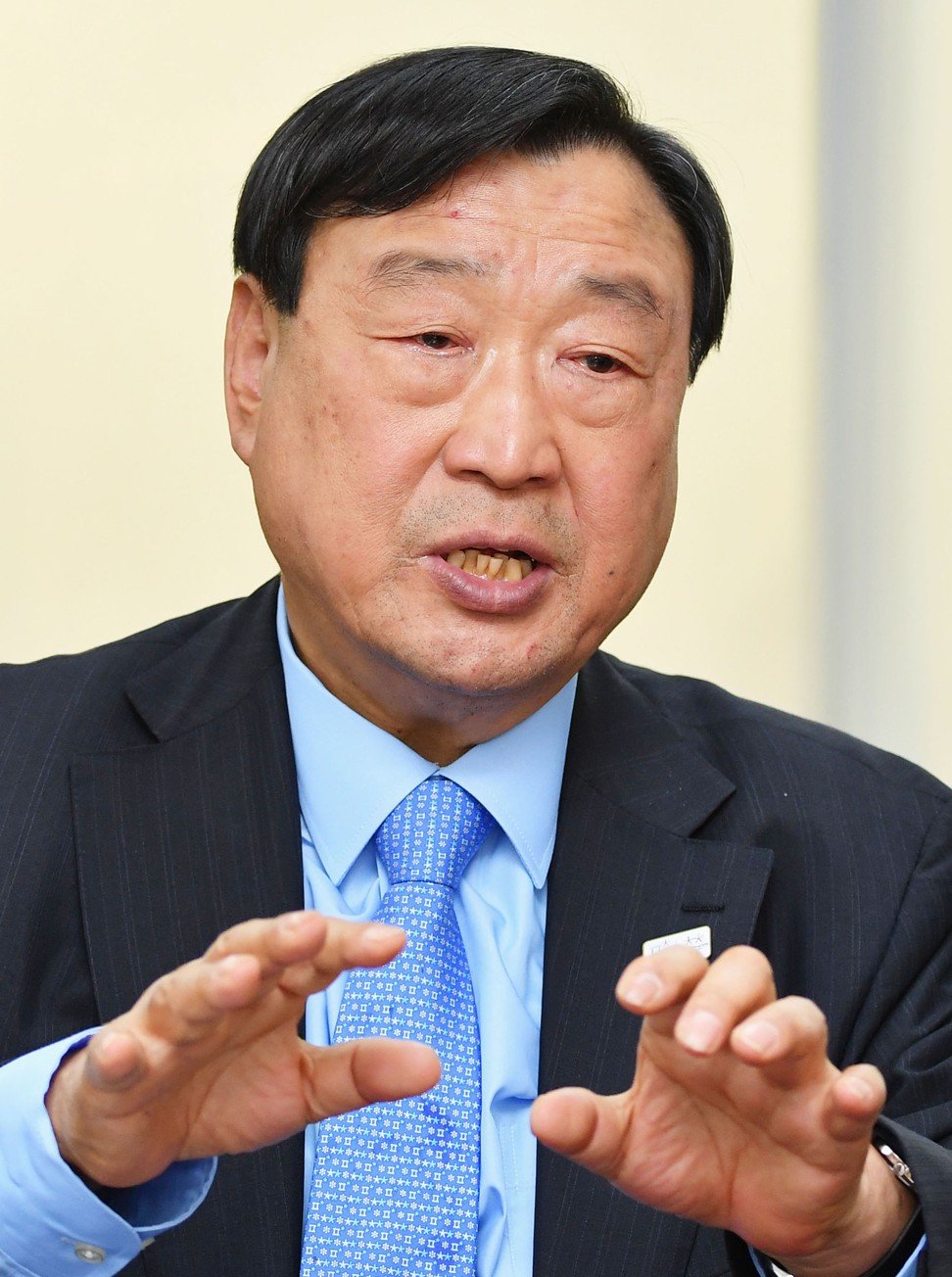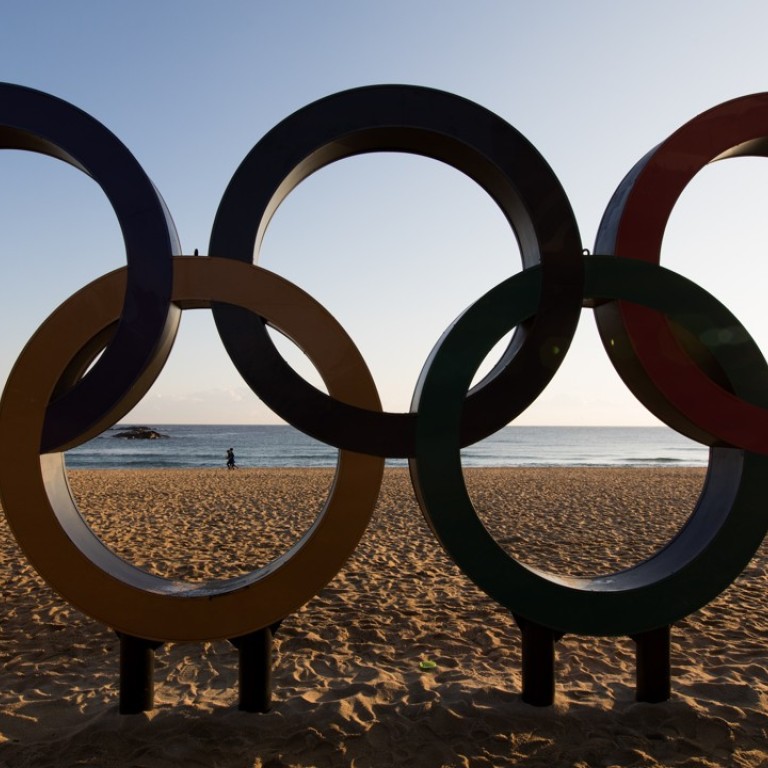
Could North Korea’s participation in Pyeongchang 2018 Winter Olympic Games ease tension over nuclear crisis?
Pyongyang’s participation would signal ‘safe, secure and good Games’, South Korean culture, sports and tourism minister Do Jong-hwan said
South Korea’s government is urging North Korea to participate in the Pyeongchang 2018 Winter Olympic Games as a measure of security during the two weeks of competition and as way to promote a longer-term reduction in tension on the Korean Peninsula.
“Although North Korea hasn’t given an official response yet, we are very hopeful that they will compete. For them to participate is a sign that we’ll have safe and secure and good Games,” Do Jong-hwan, South Korea’s minister of culture, sports and tourism, said at an event organised by the New York-based Korea Society.
“I hope that the Games will help lay the foundation for dialogue and cooperation on the Korean Peninsula which is going through political tension,” said Do, adding that North Korea’s participation in the Pyeongchang Games is likely to be “a last-minute decision”.
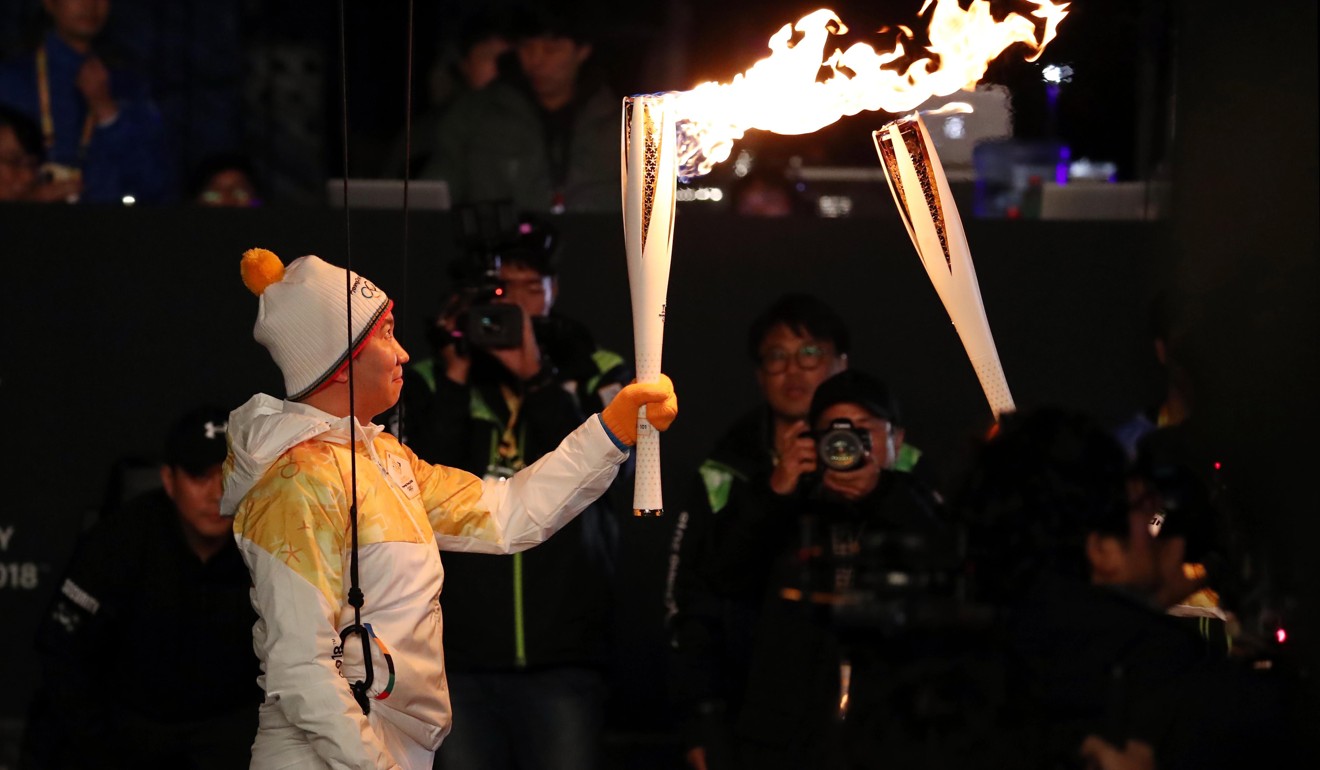
North Korean figure skaters Ryom Tae-ok and Kim Ju-sik qualified for the 2018 Winter Games at an International Skating Union competition in Oberstdorf, Germany in September. The pair’s participation in the Games is now up to the North Korean Olympic committee.
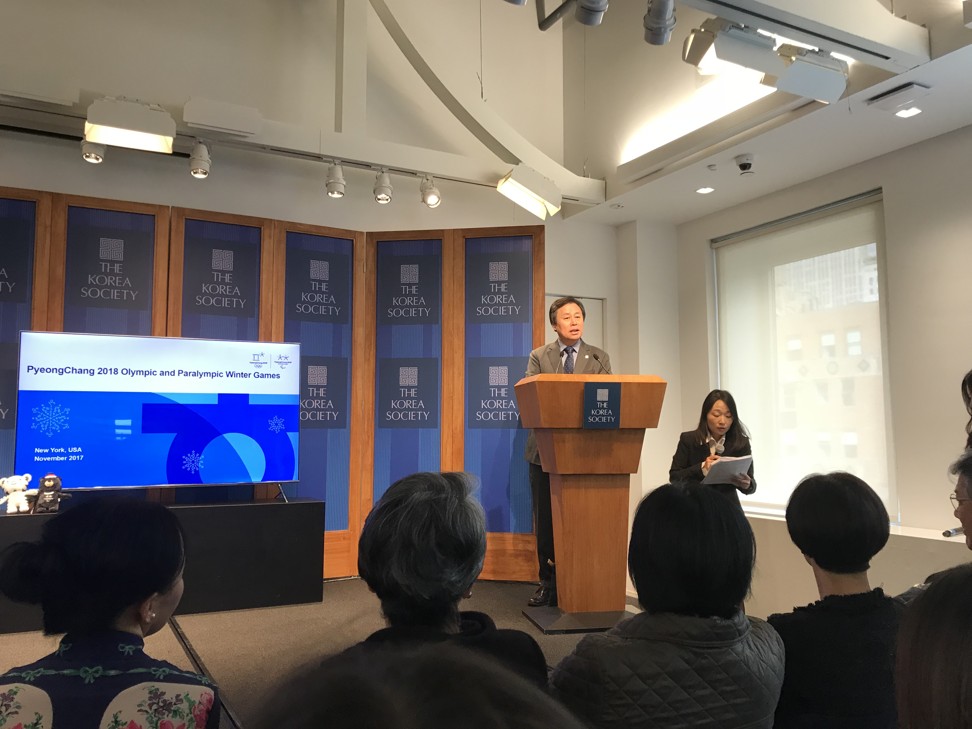
Do’s comments came a day after the United Nations General Assembly passed an “Olympic Truce” resolution, which calls for the cessation of all global conflict during the Winter Games.
While the Olympic Truce has been a tradition since the UN General Assembly passed the first one, which went into effect during the 1994 Winter Olympics in Lillehammer, Norway, Monday’s resolution was drafted by the South Korean government and co-sponsored by China, the US, Japan and Russia.
China and Russia have pushed back against some demands the US and Japan wrote into early drafts of UN Security Council resolutions aimed at halting Pyongyang’s efforts to develop nuclear weapons. Pyongyang’s nuclear programme has included underground nuclear detonations and the firing of missiles over populated Japanese territory, bringing tensions to new highs this year.
Beijing and Moscow eventually voted for new sanctions against North Korea in August and September.
The Olympic Truce resolution includes the General Assembly’s “strong expectations that the Pyeongchang Games will be a significant opportunity to foster an atmosphere of peace on the KP and in Northeast Asia”, Lee Hee-beom, president and CEO of the Pyeongchang 2018 Olympic and Paralympic Organising Committee, said at the Korea Society event.
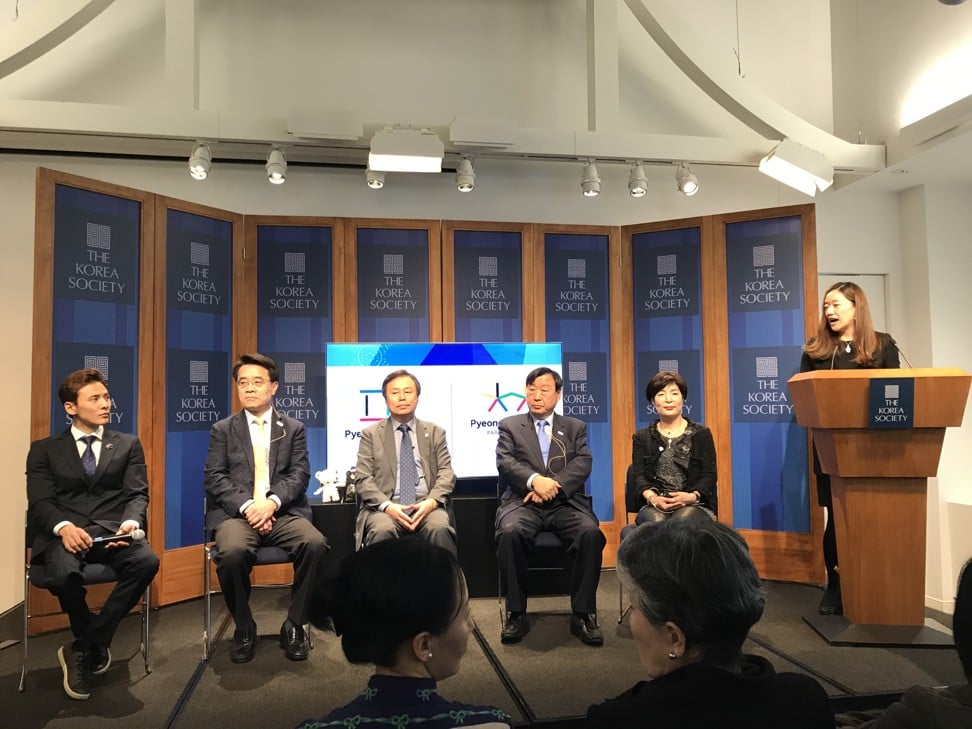
The International Olympic Committee, based in Lausanne, Switzerland, also is helping to encourage North Korea’s participation in the Pyeongchang Games, according to Do.
“The IOC is taking the lead role in communicating with DPRK. They have expressed their willingness to support North Korea in terms of training costs and other costs involved in participation in the Games,” Do said.


